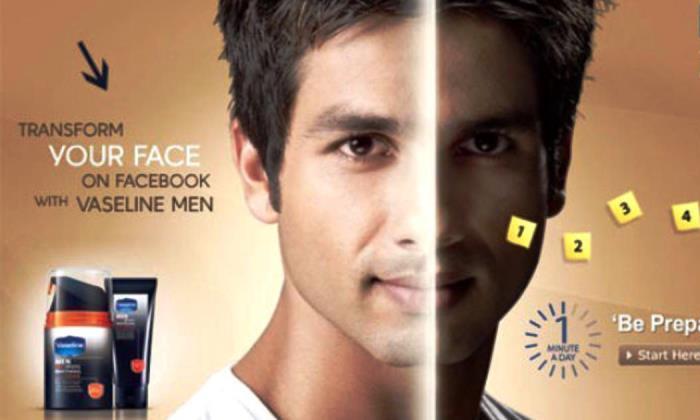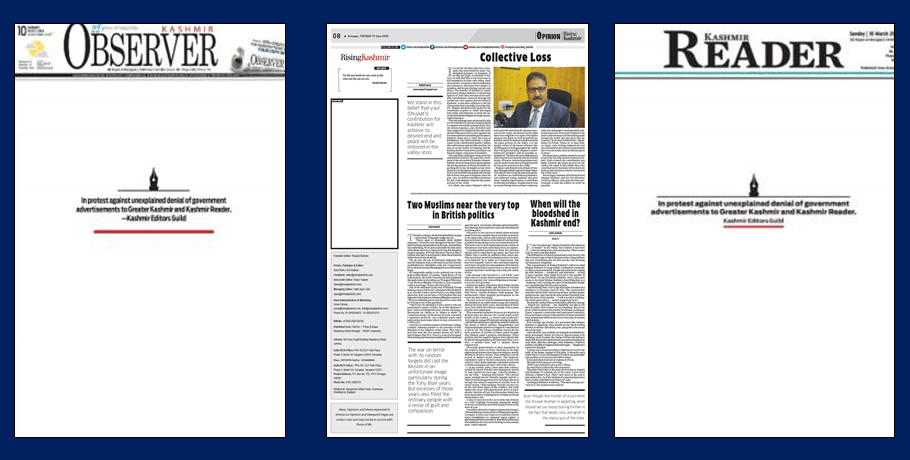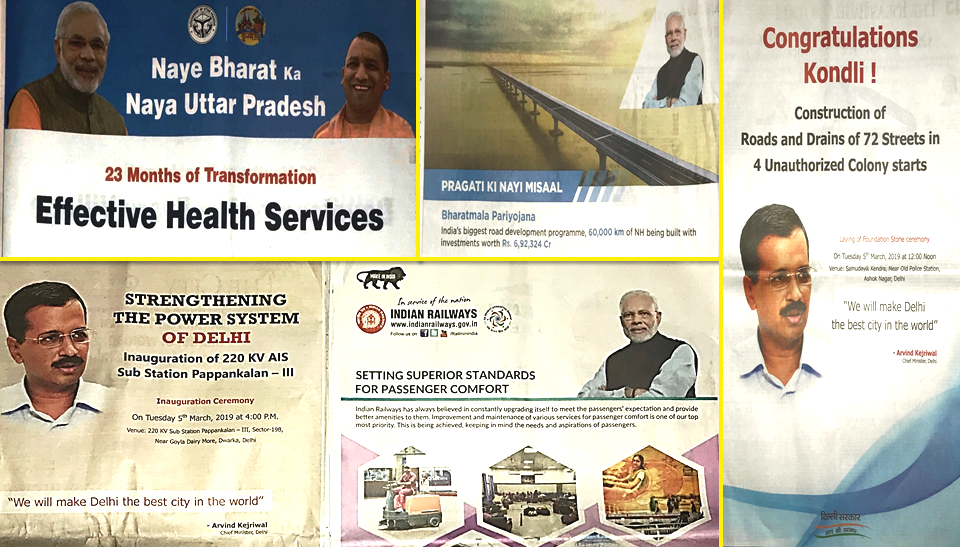WEEKLY DEBATE
We live in a world where there seems to be a growing obsession with ‘fairness’ despite the fact that skin colour has little to do with capability. In this week’s debate we wish to invite you to respond on how you look at this issue and what according to you can be a better way of cultivating a society that transcends skin colour.

The Indian society seems to be obsessed with fairness. No wonder the advertisements on television, the billboards on our highways, the newspaper advertisements, and the covers of magazines – all seem to be suggesting that a certain kind of complexion alone is acceptable, that beauty is only that which the market considers valuable.
In innumerable ways we have been told that there is something missing in us if we aren’t fair, if the colour of our skin is not ‘white’ and that if by the usage of a fairness cream we can ‘correct’ our complexion, we will be rescued from a bad fate. Low self-confidence is often associated with darker complexions as projected in popular advertisements, a panacea to which is seen in fairness creams that promise instant fairness. This creates a complex among young audiences who are vulnerable to hurt.
The market economy, the glamour industry backed by cosmetic brands has created an illusion that there is no future for those and especially women who are not fair. This makes us ignorant of the diversity of races and how it has nothing to do with talents and creativity, it makes us insensitive to the fact that there is more to a person that her skin colour and that when we become truly modern, our prejudices must give space to insight.
Several well-known celebrities and cricketers endorse fairness products making an impression on young people that this should be the goal that they should strive towards. This is utterly objectionable and needs to be problematized. It is time to think on this issue and raise awareness about how skin colour matters insignificantly and that people’s potential is not determined by external markers.
We urge our readers to reflect on this issue and send their ideas, comments, feedback and responses to us. Kindly send your response at thenewleam@gmail.com














